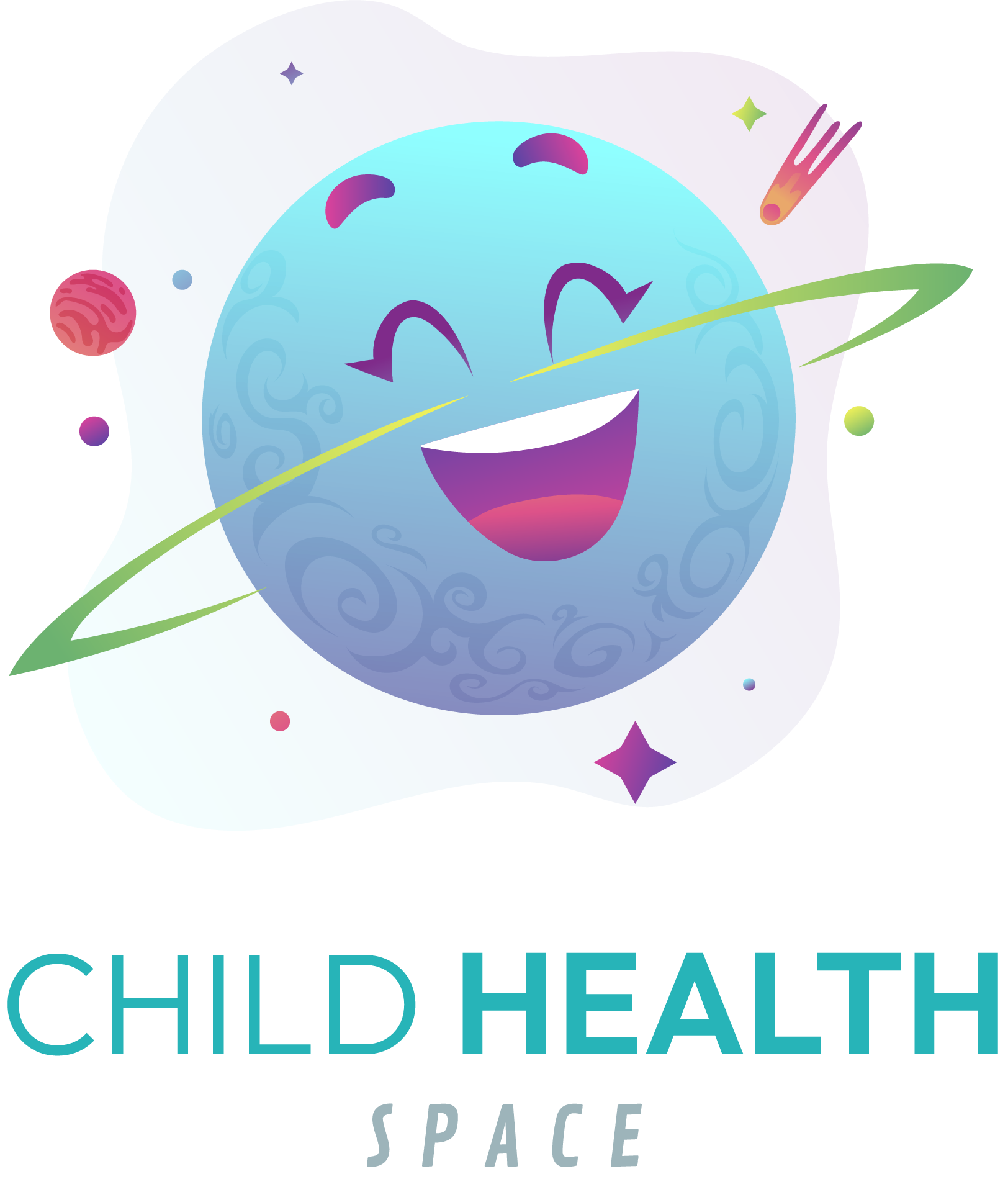Folinic acid for autism is gaining popularity as a treatment for children with autism. Vitamin B9 is important for brain development and body functions. Many kids with autism may have difficulty processing folate correctly. Their brains may not be using this important nutrient in the same way.
Now researchers are analyzing how folinic acid can support communication, behavior, and overall development in children with autism. Research studies have shown that some autistic children, in particular, benefit from folinic acid. This is true for those whose bodies produce antibodies that block the pathway of folate from entering brain cells.
Parents have reported improved speech and eye contact, better social interaction, only after using the supervision of medical guidance. Though results vary, this supplement is showing real potential as part of a supportive treatment plan.
In this blog, we will discuss how folinic acid works, its benefits, research findings, dosage, and safety for children with autism.
What is Folinic Acid (leucovorin)?
Leucovorin is an active form of folate (vitamin B9). It bypasses some metabolic steps required for the folic acid pathway. It has been used in oncology for years as a rescue therapy after methotrexate.
Why Might Folinic Acid Help Autistic Children?
There are two linked observations that motivated trials of folinic acid for autism.
Cerebral Folate Deficiency (CFD)
In this condition, folate levels in the brain are low. Folate levels in the blood remain normal. This results in a deficiency of folate in the brain and developmental delays. This also overlaps with the ASD symptoms.
Folinic acid for autism has shown successful results in clinical trials and clinical practices.

Folate Receptor Autoantibodies (FRAA)
Some children with ASD have antibodies that block the folate receptor alpha. This blockage impairs the folate transport into the brain. If folate transport is blocked, folinic acid takes alternative transport routes to reach the brain.
At higher doses, it overcomes the blockade and restores brain folate levels. These optimal folate levels improve brain functioning. Several studies have been conducted to measure FRAA levels.
It has been found that about 70% of children with autism have these autoantibodies. This lack of folate in the brain can affect speech, language, and learning skills.
Types of studies performed:
Research on folinic acid for ASD includes:
Case reports and small case series
These case reports show improvements in language and behavior. These were seen in children with cerebral folate deficiency (CFD) or folate receptor autoantibodies (FRAA).

Randomized, double-blind, placebo-controlled trials (RCTs)
This testing included folinic acid versus placebo groups. The purpose of the study was to see the impact of folinic acid on language and ASD symptom scales.
Mechanistic and Biomarker Studies
These studies investigated FRAA prevalence, cerebral folate levels, and biochemical pathways in autistic children.
Who seems to benefit from Folinic Acid?
Children with folate receptor autoantibodies (FRAA) or other evidence of disrupted cerebral folate transport show larger and more consistent improvements after folinic acid treatment.
These trials found stronger language and behavioral responses in the FRAA-positive subgroup. This suggests that FRAA testing may help identify which children are most likely to benefit.
Proposed Mechanisms from Research
Researchers propose multiple, non-exclusive mechanisms:
- Restore brain folate:
Folinic acid can raise CNS folate levels directly or via alternative transport mechanisms, correcting deficits caused by blocked folate receptors. PMC
- Support methylation and neurotransmitter synthesis:
Folate is a key cofactor in one-carbon metabolism, affecting methylation reactions and neurotransmitter pathways (like dopamine and serotonin synthesis), which could influence language and behavior. PMC
What Research Says About Folinic Acid for Autism
During the past few years, several clinical trials have explored folinic acid for autism. Their main focus was speech and communication outcomes. Here are a few research and their outcomes.
1. U.S. Study (Frye et al., 2016)
In this 12 week trial, children who received a high dose of folinic acid showed major improvements in communication as compared to placebo.
65% of children taking folinic acid showed improvements versus 24% on placebo. The best results were observed in children who were folate receptor antibodies positive.
2. French Study (Renard et al., 2020)
A small study was conducted in France for 12 weeks. This study included children with autism spectrum disorder. Children who received folinic acid 5mg twice daily showed noticeable improvements in their symptoms. These results were comparable with the placebo group.

Although a limited number of participants were involved in this study. But the results were encouraging and supported the idea of using folinic acid for managing certain autism symptoms.
3. Indian Study (Panda et al., 2024)
A more recent study in India was conducted to observe the effect of folinic acid on autism spectrum symptoms. This study also observed the tolerability of folinic acid in children with autism.
In this study, 80 children were involved. The duration of this study was 3 months. The children who received folinic acid had a clear reduction in autism recovery scores. The greatest progress was seen in folate receptor antibodies (FRAA) positive children. Treatment with folinic acid was well tolerated, and researchers did not find any serious side effects.
Safety and Side Effects
Most evidence from studies suggest that Leucovorin is safe for children with autism spectrum disorder. Some parents notice hyperactivity or restlessness during the first few weeks of treatment. But these symptoms fade over time as the body adjusts.
There are a few tips to prevent side effects while using folinic acid for autism.
- Start with a small dose, then gradually increase.
- A gradual increase should be done as per doctor advice.
- Keep track of the child’s behavior and discuss with the doctor if it is not resolved.
Folinic acid did not show any harmful effects on the kidneys, liver, or blood. This is confirmed by the lab test reports. Overall, folinic acid for autism is a safe and promising option. It supports children with autism when used responsibly under medical supervision.
Practical takeaways for clinicians and families
Consider testing first:
Before starting folinic acid, it is better to first go for the folate receptor autoantibodies test. Sometimes, children with autism show sudden regression, language loss, or psychological issues. FRAA positivity appears to show better response with folinic acid.
Safety monitoring:
Although folinic acid is generally well tolerated, families should monitor for side effects and coordinate with the child’s pediatrician or specialist.
Research Gaps
- Larger, multi-site Randomized Control Trial:
Clinical trials need to be performed on a larger population at multiple sites. Comparison should be done with pre-specified biomarkers like cerebrospinal levels of folate.
- Longer follow-up
It will help to see if gains persist or translate into functional improvements as well. This can be done by monitoring school performance and daily life activities.
- Standardized outcome measures
With standardized outcome measures, trials will become comparable. It will also help to generate meaningful meta-analysis.
Conclusion
Growing research on folinic acid for autism gives new hope to parents and professionals working with such children. Folinic acid is the active form of vitamin B9 that the brain uses effectively for speech, communication, and overall development.
Several studies have shown meaningful results. These are among those autistic children who have folate receptor autoantibodies.
Folinic acid is safe when used under the guidance of healthcare professional. Initially, some children may show irritability and hyperactivity. This usually improves as their body adjusts to the supplements.








1 thought on “Folinic Acid for Autism: A New Hope in Autism Treatment”
Your article helped me a lot, is there any more related content? Thanks!